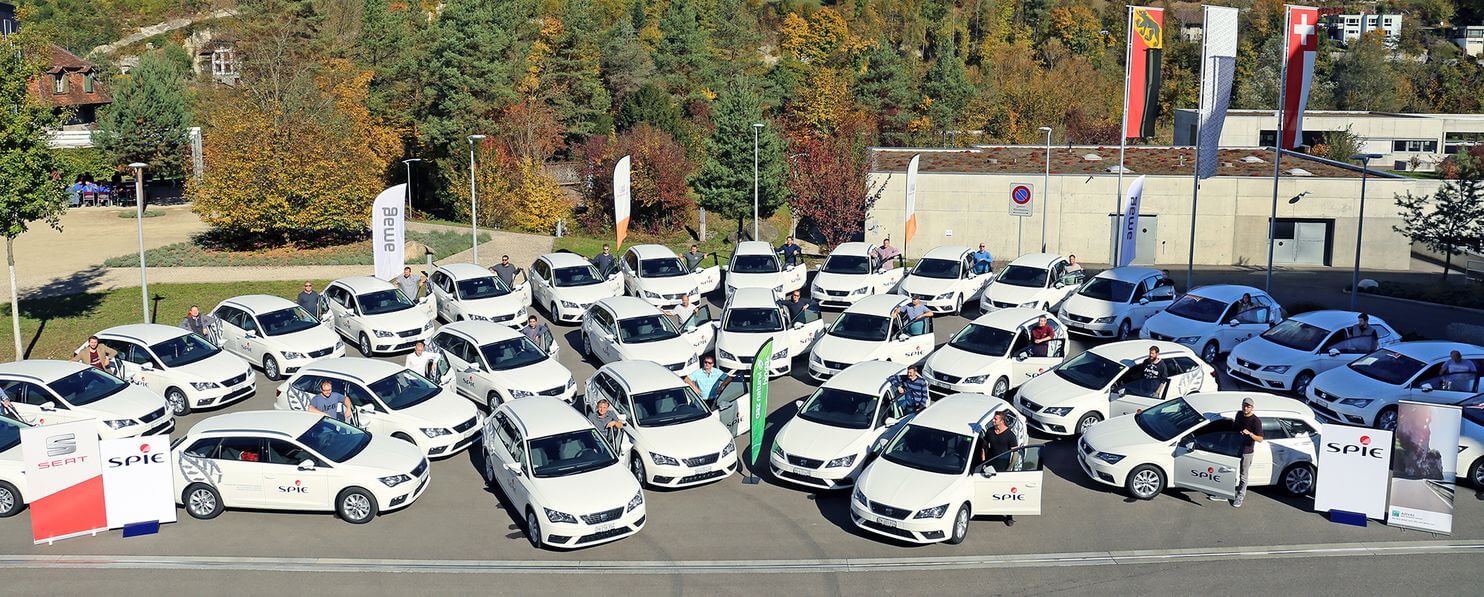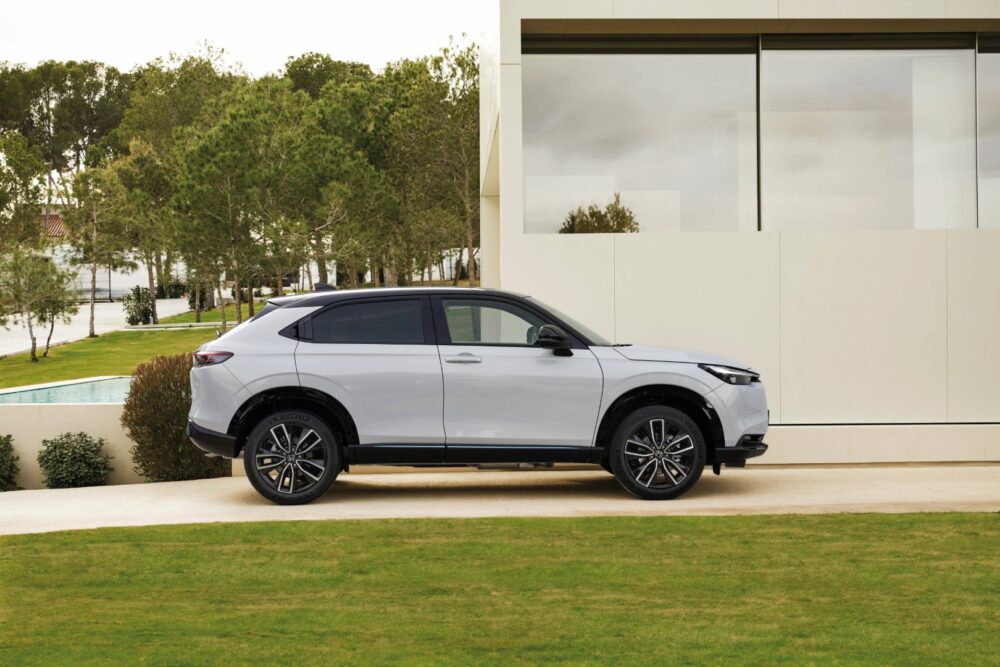Seat: Gas offensive
SEAT Mobility with natural gas/biogas is on the upswing in Switzerland. For example, two well-known large companies are currently upgrading their fleets and replacing their diesel-powered vehicles with those with combined gas/petrol operation with a gas offensive. For example, 30 Seat Leon ST TGI vehicles were handed over to the company SPIE Schweiz AG. The mobile communications provider SALT will also be [...]

For example, 30 Seat Leon ST TGI cars alone were handed over to the company SPIE Schweiz AG. Over the next six months, mobile communications provider SALT will also be adding the Seat Leon 1.4 TGI EcoFuel hybrid model, which has both a gasoline and a natural gas/biogas drive system, to a large part of its fleet of company cars. So the gas offensive is getting underway!
Interesting not only for fleet operations
These vehicles with dual fuel tanks (natural gas and gasoline) are of increasing interest, especially to fleet managers. SPIE Schweiz AG is a subsidiary of the SPIE Group, an independent European provider of technical services in the fields of energy and communications. "For Seat, the registration of so many natural gas vehicles in one fell swoop is a first in Switzerland. Until now, it has only been able to rely on more modest gas fleets; this is currently changing," says Karin Huber, responsible for public relations at the Spanish manufacturer. The successive conversion of the SALT fleet is also making a not inconsiderable contribution.
Combi model
The interaction of two separate tanks makes it easy to switch from one type of fuel to another, with the range of the natural gas/biogas tank being 400 km and that of the gasoline tank 900 km. Natural gas/biogas is already available at over 140 filling stations nationwide. The mix available there is on average 80 percent natural gas and 20 percent biogas from Swiss organic waste.
Cooperation
The two companies entered into a partnership with Gaznat SA, which, among other things, supplies natural gas/biogas fuel free of charge for the first 1,000 km for each vehicle and issues CO2 compensation certificates.









